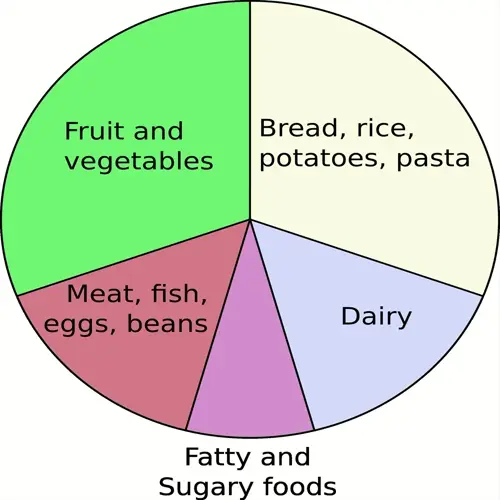What are the most potent probiotic-rich foods?

Written by
Tran Quang
Reviewed by
Prof. William Dalton, Ph.D.Choosing the most potent probiotic foods is important for your gut health journey. They contain living microbes that help your digestive tract function properly. I prefer food sources to supplements because they work together naturally. They provide enzymes and nutrients that work together. Your body absorbs these beneficial bacteria more from whole foods than from supplements.
Dairy-Based Options
- Unsweetened Yogurt: Contains Lactobacillus acidophilus and Bifidobacterium strains
- Kefir: Offers over 30 bacterial strains including Lactobacillus kefiri
- Aged Cheeses: Develop probiotics like Lactobacillus helveticus during aging
Vegetable Fermentations
- Raw Sauerkraut: Features Leuconostoc mesenteroides cultures
- Kimchi: Provides unique Lactobacillus kimchii strains
- Fermented Pickles: Contain Lactobacillus pentosus in brine
Plant-Based Sources
- Traditional Miso: Holds Aspergillus oryzae probiotics
- Tempeh: Carries Rhizopus oligosporus fungi
- Unpasteurized Kombucha: Includes Saccharomyces boulardii yeast
Proper storage preserves probiotic strength, store fermented foods at a temperature below 40°F at all times. Do not expose the product to temperatures higher than 115°F, as this will quickly destroy the beneficial bacteria. Note expiration dates carefully. Look for bulging lids and unpleasant odors as signs of spoilage. Discard any product showing mold growth.
Integrate these foods into your diet using simple methods. Add yogurt to morning smoothies. Use sauerkraut in sandwiches. Drink kombucha between meals. Use miso in soups after they have cooled. Serve them with prebiotic foods, such as oats. The combination greatly increases their effectiveness. Start with small amounts if you are new to fermented foods.
Your intestinal health is improved through the daily use of probiotics. These foods maintain your digestive and immune systems. They help your body absorb the nutrients from other foods. Use the healthful, non-pasteurized forms of these foods when possible. Your body will appreciate this daily habit. These essential probiotic foods should be incorporated into your regular diet.
Read the full article: 10 Essential Probiotic Foods List for Gut Health

